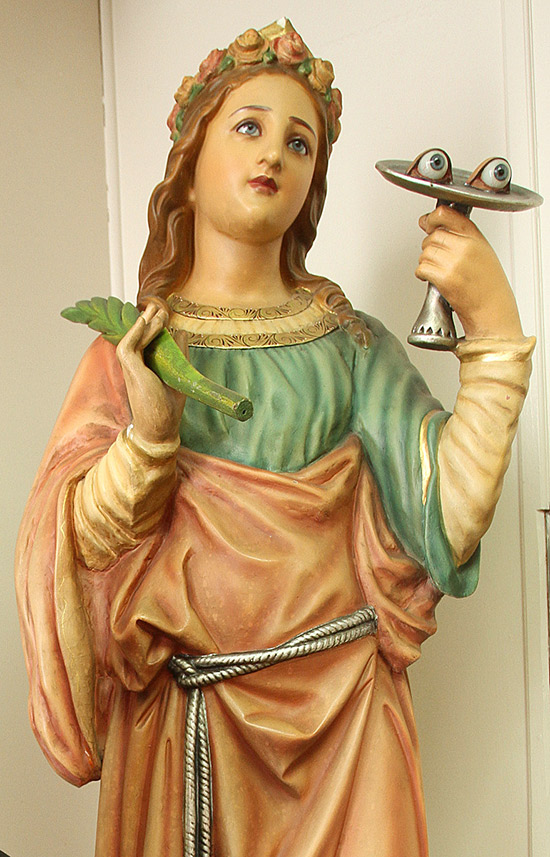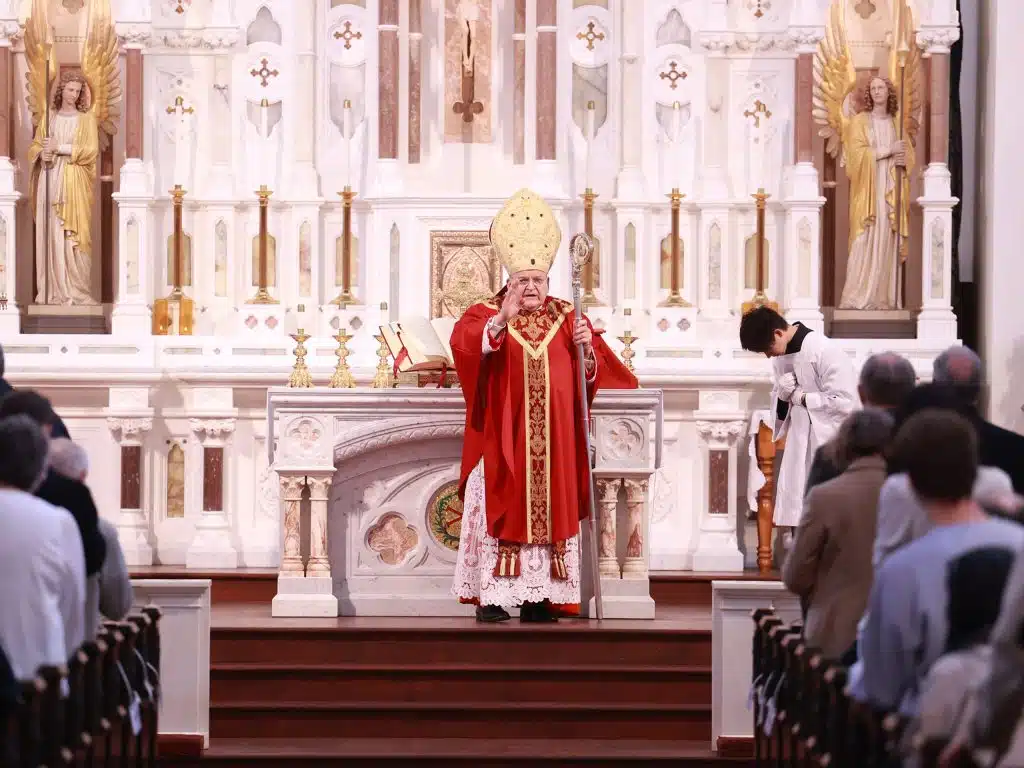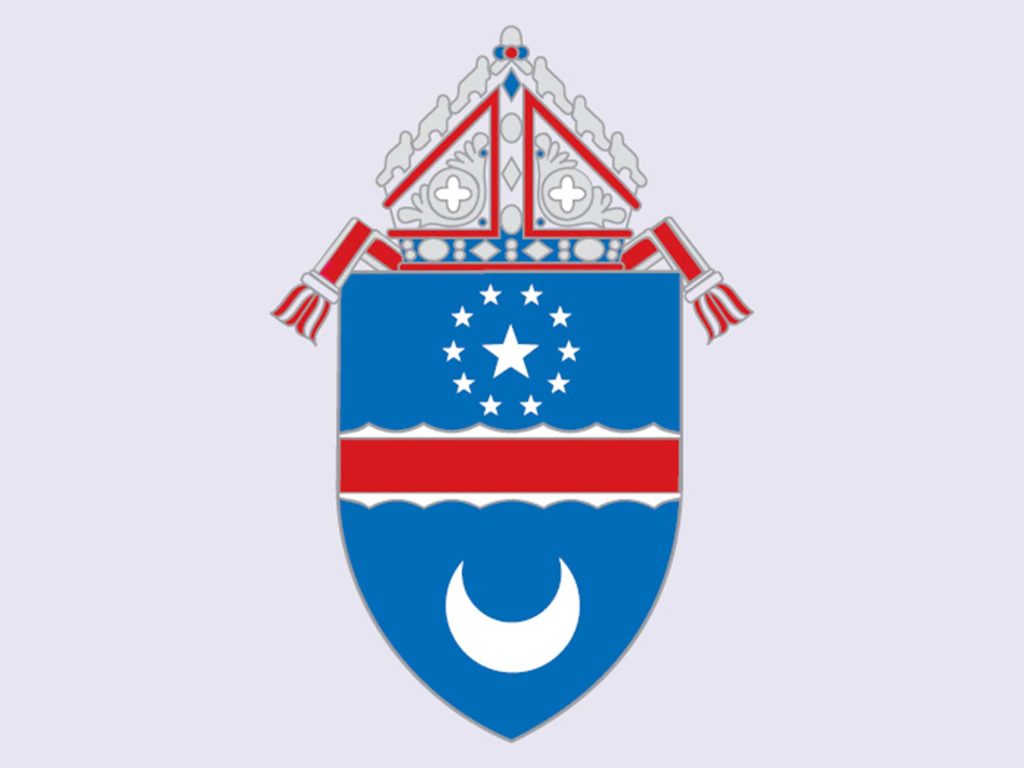At first thought, St. Lucy, a third-century martyr, may not be what we think of as a “Christmas saint,” such as St. Nicholas. Yet, she has had a long association with the season as her Christian martyrdom was in December 304. Also known as Lucia, most of what is known about her has been handed down through legends.
She is said to have been born in Syracuse, Italy, into a wealthy, noble and Christian family. Her father died when she was a child and when of age, her mother arranged for her to be married to a young rich man, who happened to be a pagan. But, her mother had suffered for years with hemorrhaging, and in search of a cure, she and Lucy spent a night at the tomb of St. Agatha. There, in a dream, Lucy learned that her mother would be cured and that she herself would have the same kind of fame that the martyr St. Agatha had.
The engagement was cut off, Lucy consecrated herself to God, and gave her dowry away to the poor. This infuriated her fiance, who turned her in to the Roman governor for being a Christian. There, she was ordered to venerate the emperor’s image, which she refused to do. The governor sentenced her to defilement in a brothel, but the soldiers could not move her, even with a team of oxen. They tried to burn her and the fire would not start. Finally, she was martyred with a sword.
The legend developed that Lucy’s eyes were gouged out either through torture or by her own hand. In either case, when her body was buried, her eyes miraculously were restored.
Often pictured with her eyes on a platter, she is the patron saint of the blind. Her name means “light” and her feast day is Dec. 13. She is known as the “saint of light” pointing the way to the “light of Christ” at Christmas. She is revered as bringing light to winter darkness in Scandinavian countries as well as her native Sicily.
St. Lucy can be an inspiration to all of us in how she brought the light of Christ to others through her generosity and her bravery by giving up her life to defend her faith and virtue. Although history has not shown how those who lived around her responded to that light, we do know that it continues to shine today.
Wagner, who is from Blessed Sacrament Church in Alexandria, is in his first year of theology studies at Mount St. Mary’s Seminary in Emmitsburg, Md.



